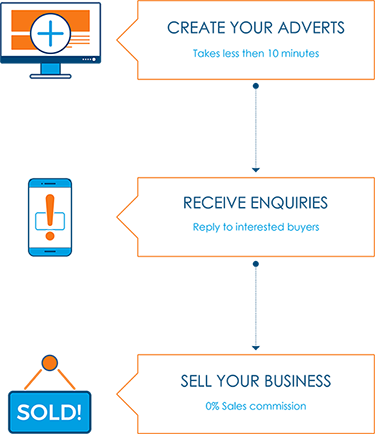Author John Knight, Business Partnership
Intellectual Property (IP) is a type of non-tangible assets (i.e. you can’t pick it up), and include others, such as patents and licenses, that can add significant value to your business, in the same way that profits and stock do – if not more so.
For one thing, IP doesn’t take up room like stock does! Strong IP can result in a higher multiple when you come to sell because it generates a secure revenue stream, even when you’re not at work.
I have sold a few of my own businesses and one was 100% based around an Intellectual Property. It was sold with sales around £100k per annum, overhead of £200k and a balance sheet of minus £500k. On the face of it, this business was worthless, but we achieved a sale price of £1.2 million just 4 years after its inception and that was purely because we could show the buyer that the IP created was likely to generate revenues of c£15 million over the next 3 years.
How? Because we had nurtured the foundations of an IP that the buyer was well placed to exploit using their existing sales channels and infrastructure.
And, because they no longer had to pay us royalties to use the IP, they stood to save £1.5 million over the same period, making the deal self-financing. That was completed 10 years ago, and the buyer is still exploiting the brand today.
Also think about how you will exploit your IP. Licencing it can also create value and a recurring revenue and buyers love recurring revenue. This could be designs, patterns and images, but equally it could equally be software or games; patents and innovative ideas or products.
Ex-Lotus engineer Ron Hickman invented the ‘Workmate’, Instead of setting up a factory and building sales channels (imagine the cost and heartache involved in that!), he agreed a licence deal with Black & Decker, who already had what it took to build and sell the ‘Workmate’ and they paid him royalties for life (and probably beyond). Pretty much all he had to do then was sit back and watch the royalty cheques arrive every few months.
Another point comes from these examples, pick your partner with care. The right buyer or licensee will pay much more for an opportunity than a pure financial buyer.
Others combine manufacture of their own core products with licensing of their image or brand. Emma Bridgwater being one example In this case her company manufactures the core products, but most other products you see for sale in retail (e.g. tinware, gift wrap, textiles, etc) are licensed to 3rd party manufacturers because, when your manufacturing plant is geared around producing ceramics, it probably doesn’t make sense to start producing tinware and textiles, as well. You get the reward without the risk.
So, is your IP valuable and how will you maximise that value?
John Knight is a Regional Partner with Business Partnership, a business brokerage with 40 years’ experience of selling business and offices all over the UK.


